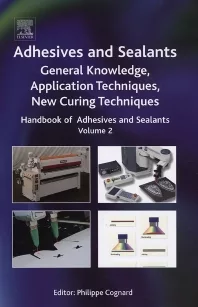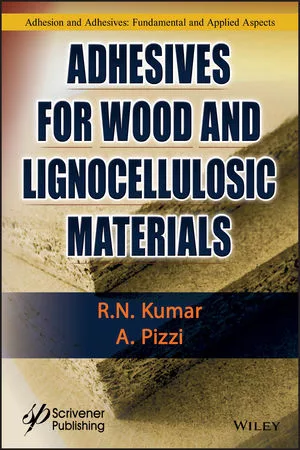Growth Expected for Automotive Coatings, Adhesives and Sealants

CLEVELAND – U.S. demand for coatings, adhesives and sealants used in the automotive industry is forecast to expand 9.4 percent annually to $5.6 billion in 2014. The U.S. motor vehicle industry was particularly hard hit by the weak global economy. As a result, vehicle output was cut in half between 2004 and 2009, reducing demand for coatings, adhesives and sealants at the original equipment manufacturer (OEM) level. Through 2014, however, this segment of the market will drive overall gains, as vehicle production expands rapidly from a depressed base. These and other trends are presented in “Automotive Coatings, Adhesives & Sealants,” a new study from The Freedonia Group Inc.
The OEM segment has historically dominated the automotive coating, adhesive and sealant market. In 2009, however, vehicle output had fallen so low that the aftermarket accounted for nearly three-fifths of demand. Going forward, the OEM segment will expand at a double-digit annual pace and once again take its place as the leading outlet for coatings, adhesives and sealants.
Coatings will remain the leading product type, accounting for more than three-quarters of market value in 2014. Water-based, powder and radiation-curable coatings will provide the best gains, as their good environmental profile enables users to meet stricter VOC requirements. However, overall demand will advance at a below-average pace as efforts to improve paint-shop efficiency, reduce costs and limit waste will restrict gains in market volume. Sales will also be impacted by greater competition from alternative materials, such as in-molded colored plastics and paint films.
More rapid growth will be achieved by the smaller adhesive and sealant segments. Advances will be promoted by cost-cutting measures and efforts to increase fuel efficiency by reducing vehicle weight, both of which favor the use of adhesives and sealants over welded joints, mechanical fasteners and gaskets. Adhesives will benefit from the rising use of plastics in motor vehicle manufacture, since plastics are compatible with adhesives and cannot be welded.
For further details about the study, visit www.freedoniagroup.com.
Looking for a reprint of this article?
From high-res PDFs to custom plaques, order your copy today!





